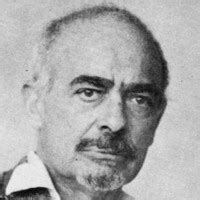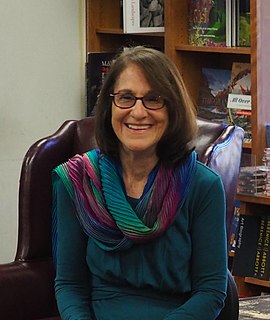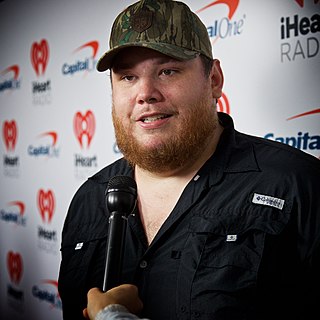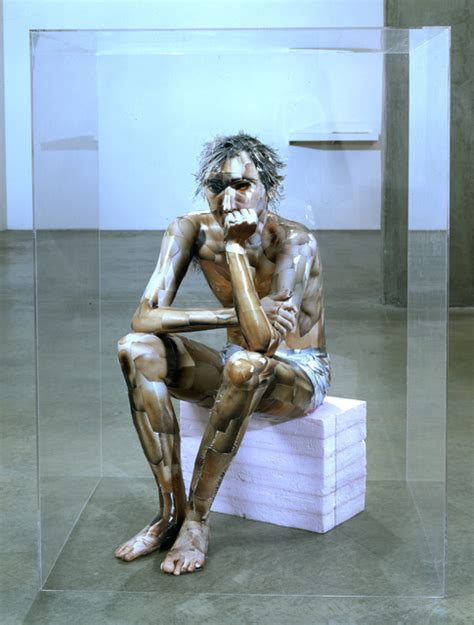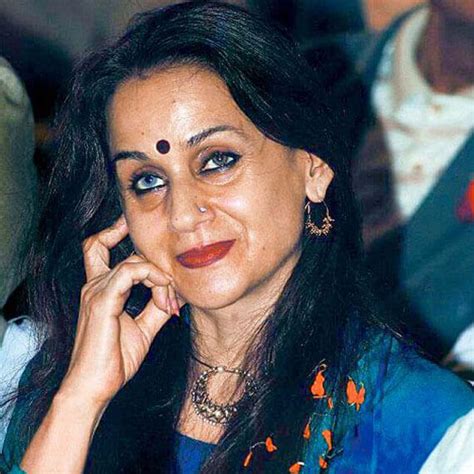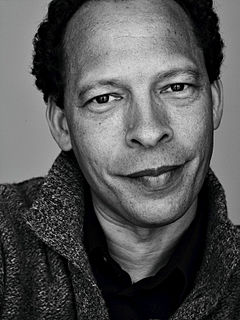A Quote by Joe Haldeman
The 1143-year-long war hand begun on false pretenses and only because the two races were unable to communicate. Once they could talk, the first question was 'Why did you start this thing?' and the answer was 'Me?
Related Quotes
At the beginning of World War II the U.S. had a mere 600 or so first-class fighting aircraft. We rapidly overcame this short supply by turning out more than 90,000 planes a year. The question at the start of World War II was: Do we have enough funds to produce the required implements of war? The answer was No, we did not have enough money, nor did we have enough gold; but we did have more than enough resources. It was the available resources that enabled the US to achieve the high production and efficiency required to win the war. Unfortunately this is only considered in times of war.
Once the war began, the government could do anything 'necessary' to win it; so it was with the 'final solution of the Jewish problem,' which the Nazis always talked about but never dared undertake, not even the Nazis, until war and its 'necessities' gave them the knowledge that they could get away with it. The people abroad who thought that war against Hitler would help the Jews were wrong. And the people in Germany who, once the war had begun, still thought of complaining, protesting, resisting, were betting on Germany's losing the war. It was a long bet. Not many made it.
Lying in bed, half-covered by the blankets, I would drowsily ask why he had come to my door that night long ago. It had become a ritual for us, as it does for all lovers: where, when, why? remember...I understand even old people rehearse their private religion of how they first loved, most guarded of secrets. And he would answer, sleep blurring his words, "Because I had to." The question and the answer were always the same. Why? Because I had to.
How could it be that I had a legal obligation to kill people I did not know, and who did certainly not consent to it, while my father's doctor could not help my father to die when my farther asked for it? My consternation brought me to moral philosophy and a life-long search for an answer to the question when and why we should, and when we shouldn't, kill.
If you have a little inteligence, sooner or later the question is bound to arise: What is the point of it all? Why? It is impossible to avoid the question for long. And if you are very intelligent, it is always there, persistently there, hammering on your heart for the answer: Give me the answer! - Why?
My first book, 'To Engineer Is Human,' was prompted by nonengineer friends asking me why so many technological accidents and failures were occurring. If engineers knew what they were doing, why did bridges and buildings fall down? It was a question that I had often asked myself, and I had no easy answer.
To be a scientist you have to be willing to live with uncertainty for a long time. Research scientists begin with a question and they take a decade or two to find an answer. Then the answer they get may not even answer the question they thought it would. You have to have a supple enough mind to be open to the possibility that the answer sometimes precedes the question itself.
Why would scientists dedicated to uncovering the truth about the natural world deliberately misrepresent the work of their own colleagues? Why would they spread accusations with no basis? Why would they refuse to correct their arguments once they had been shown to be incorrect? And why did the press continue to quote them, year after year, even as their claims were shown, one after another, to be false?
I love comedy. David's Lynch the only person I've worked with more than once who sees me as a specific thing - he sees me as the sexy bimbo, in ways, and he also sees me as Lucille Ball. Actually, Nick Cage and I did Lucy and Ricky in two scenes in Wild at heart that were cut because the movie was four hours long.
When I decided to write about my brother and friends, I was attempting to answer the question why. Why did they all die like that? Why so many of them? Why so close together? Why were they all so young? Why, especially, in the kinds of places where we are from? Why would they all die back to back to back to back? I feel like I was writing my way towards an answer in the memoir.
Perhaps the more "operatic" video pieces were a reaction to my knit sculpture, which kept me isolated for so long in the studio that the videos were a way for me to be social and flamboyant and to change my mind all the time. Because when I did the knit pieces, once I committed myself to a piece, I was locked into an idea, and the only thing that could really move was my mind. The early video pieces were a way for me to express what was going on in my mind.
One thing I've always wondered—why did you enter that bikini contest when you were a teenager?” Her face flushed with a mixture of anger and embarrassment. “How far back did you trace me?” “Far enough.” A pause. “You didn't answer my question.” “And you didn't turn into a puff of smoke and disappear. The world is full of disappointments.


